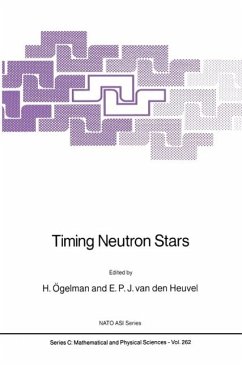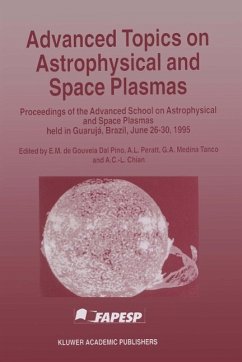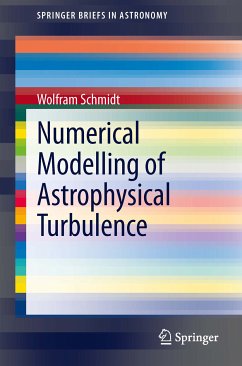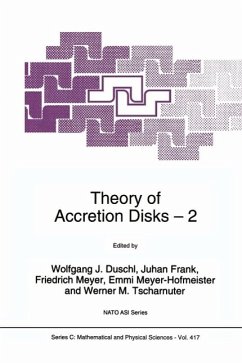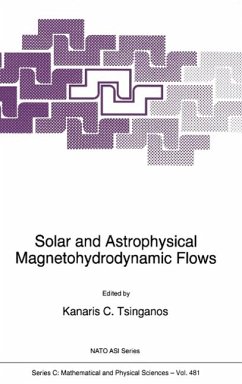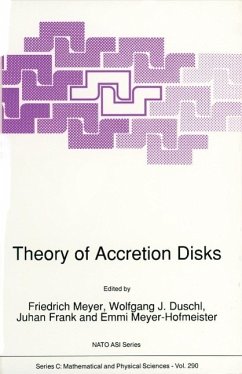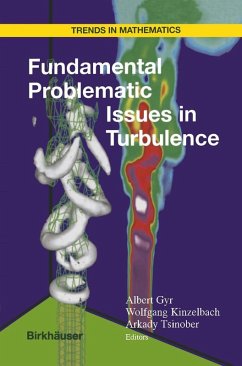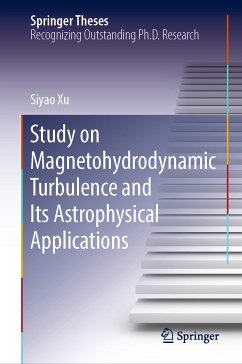
Astrophysical Disks (eBook, PDF)
Collective and Stochastic Phenomena
Redaktion: Fridman, Aleksey M.; Kovalenko, Ilya G.; Marov, Mikhail Ya.
Versandkostenfrei!
Sofort per Download lieferbar
160,95 €
inkl. MwSt.
Weitere Ausgaben:

PAYBACK Punkte
80 °P sammeln!
In the recent decades the theory and observations of disk systems became one of the fast progressing branches of astrophysics. This was stimulated by expansion of astronomical facilities including space-born and ground based - struments, datastoragewithgrowingresolution, thedevelopmentoftheoretical treatment of the processes involved and their modeling with the use of pow- ful computers. Among these processes, of particular interest and importance is the study of disks structure, their dynamics and evolution resulting in different con?gurations, including self-organization, which are basically...
In the recent decades the theory and observations of disk systems became one of the fast progressing branches of astrophysics. This was stimulated by expansion of astronomical facilities including space-born and ground based - struments, datastoragewithgrowingresolution, thedevelopmentoftheoretical treatment of the processes involved and their modeling with the use of pow- ful computers. Among these processes, of particular interest and importance is the study of disks structure, their dynamics and evolution resulting in different con?gurations, including self-organization, which are basically relevant to the general problems of non-linear dynamic systems. Discussion of this topic was the main focus of the Colloquium "Progress in the Study of Astrophysical Disks: Collective and Stochastic Phenomena and Computational Tools" that was held from September 9 to 11, 2003 in V- gograd, south-east of European Russia. This book is the Proceedings of a c- ference attended by the leading scientists in the ?eld from around the world, as well as by young scholars, mostly from the Volgograd State University which hosted the event. Altogether, 28 papers were presented, 22 oral ones and 6 posters, followed by valuable discussions. The book emphasises models of the disk galaxies, the nature of galactic vortices, dynamics of accretion disks with density waves, chaotic and ordered structures including turbulence in the accretion disks, numerical modelling of galactic and accretion disks, and the results of their observation.
Dieser Download kann aus rechtlichen Gründen nur mit Rechnungsadresse in A, B, BG, CY, CZ, D, DK, EW, E, FIN, F, GR, HR, H, IRL, I, LT, L, LR, M, NL, PL, P, R, S, SLO, SK ausgeliefert werden.



